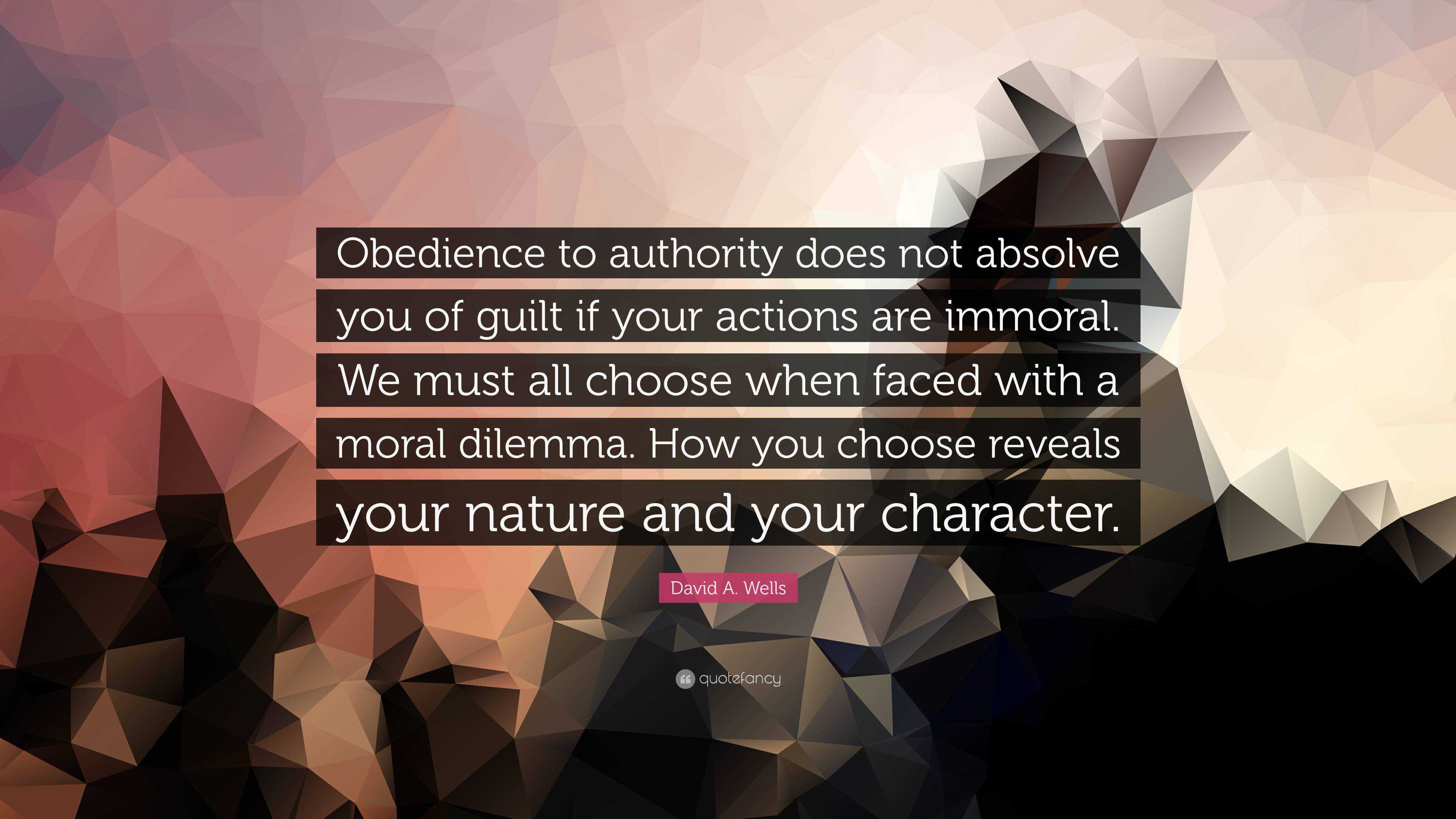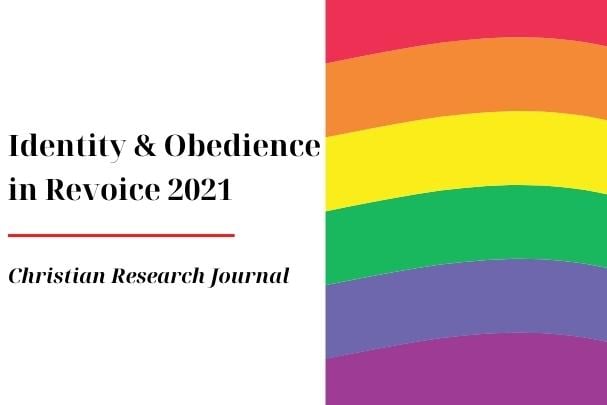The dilemma of obedience refers to the ethical conflict that arises when an individual is faced with the choice of either following orders or authority figures or standing up for their own beliefs and values. This dilemma is particularly relevant in situations where the orders or requests of authority figures may be unethical or immoral, such as in cases of military obedience, corporate loyalty, or obedience to abusive relationships.
One of the most well-known examples of the dilemma of obedience is the Milgram experiment, conducted by psychologist Stanley Milgram in the 1960s. In this experiment, participants were instructed to administer increasingly intense electric shocks to a learner (who was actually an actor) every time they answered a question incorrectly. Despite the learner's cries of pain and protest, the majority of participants continued to follow the experimenter's orders and administer the shocks. This experiment demonstrated the power of authority and the willingness of individuals to obey even when doing so goes against their own moral convictions.
There are several factors that contribute to the dilemma of obedience. One of these is the desire to fit in and be accepted by a group or authority figure. In some cases, individuals may feel pressure to conform to the expectations of those around them and may be afraid of being ostracized or punished if they do not follow orders. Another factor is the belief that the authority figure or group has more knowledge or expertise than the individual, leading them to believe that the orders are justified.
The dilemma of obedience also raises important questions about the nature of morality and personal responsibility. On one hand, there is the argument that individuals should be held accountable for their actions, regardless of whether they were following orders or not. On the other hand, there is the idea that individuals should not be held fully responsible if they were simply following orders and were not aware of the consequences of their actions.
Overall, the dilemma of obedience highlights the complex ethical considerations that arise when an individual is faced with the choice of following orders or standing up for their own beliefs. It is important for individuals to consider their own values and moral convictions when faced with this dilemma, as well as the potential consequences of their actions. Ultimately, it is up to each individual to decide how they will respond to the dilemma of obedience and to take responsibility for their decisions.






